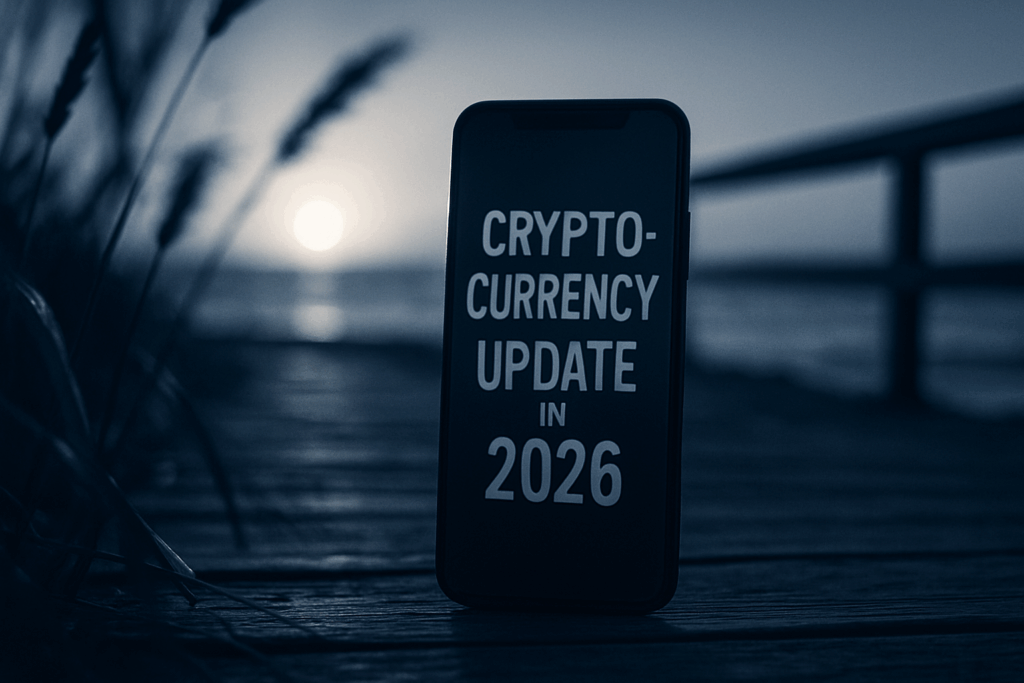Exciting developments are reshaping the real estate landscape with the rise of tokenized projects. As an avid follower of real estate trends, I’m thrilled to explore the latest tokenized ventures making waves in the industry. From fractional ownership to increased liquidity, these projects offer investors innovative opportunities to diversify their portfolios.
In this article, I’ll delve into the world of tokenized real estate projects, highlighting their benefits and potential impact on the market. With blockchain technology driving this new wave of investment, it’s crucial to understand how these projects are revolutionizing traditional real estate practices. Join me as we uncover the future of real estate through the lens of tokenization.
Overview of Tokenized Real Estate
Tokenization in real estate involves converting property rights into digital tokens on a blockchain. It allows investors to own fractional shares of real estate assets, providing increased liquidity and diversification opportunities.
What Is Tokenization in Real Estate?
Tokenization in real estate refers to the process of converting rights to a real-world property into digital tokens on a blockchain. These tokens represent ownership of a fraction of the property, allowing investors to participate in real estate projects that were previously inaccessible due to high costs or barriers to entry.
Benefits of Tokenizing Real Estate
Tokenizing real estate offers several advantages, including increased liquidity, fractional ownership, 24/7 trading opportunities, and transparency in transactions. Investors can diversify their portfolios with smaller investments, access global real estate markets, and benefit from reduced transaction costs associated with traditional real estate transactions.
Key Tokenized Real Estate Projects in 2023
When considering the key tokenized real estate projects in 2023, it’s essential to look at standout initiatives that showcase innovation and investment potential in the evolving landscape of digital real estate ownership.
- Project A: Features and Innovation
I’ll delve into Project A, a prime example of innovation in tokenized real estate projects in 2023. This project stands out for its cutting-edge features that redefine traditional real estate investments. Through tokenization, Project A introduces fractional ownership, enabling investors to own a portion of high-value properties that were previously out of reach. The integration of blockchain technology ensures transparency in transactions and streamlines the investment process. Project A symbolizes the shift towards a more accessible and efficient real estate market, offering investors new opportunities for diversification and growth. - Project B: Investment Potential
In the realm of investment potential, Project B emerges as a promising venture within the tokenized real estate space for 2023. This project combines the security and stability of real estate investments with the flexibility and liquidity of digital assets. Investors in Project B benefit from the ability to trade tokens 24/7, opening up new avenues for liquidity and portfolio management. The innovative approach of Project B caters to a growing demand for alternative investment opportunities, providing a secure platform for investors to participate in the real estate market with reduced barriers to entry.
How to Invest in Tokenized Real Estate
Understanding the Basics
Tokenized real estate projects offer fractional ownership in properties through digital tokens on a blockchain. This method allows investors to diversify their portfolios with smaller investments and trade 24/7.
Steps to Your First Investment

To begin investing in tokenized real estate, you’ll first need to research and choose a reputable platform. Next, you should complete the registration process and undergo any necessary verification steps. Once verified, you can fund your account and start exploring the available tokenized real estate projects. Finally, select a project that aligns with your investment goals and risk appetite, purchase tokens, and monitor your investment performance regularly.
Challenges and Risks in Tokenized Real Estate
When embarking on investing in tokenized real estate, it’s crucial to be aware of potential challenges and risks that may arise. Understanding regulatory hurdles, market volatility, and liquidity issues is essential for making informed investment decisions in this evolving landscape.
Regulatory Hurdles
Navigating through the complex regulatory environment surrounding tokenized real estate projects can pose challenges for investors. Compliance with various regulations governing securities and blockchain technology is necessary to ensure legal operations within different jurisdictions. Lack of standardized regulations across countries can create ambiguity and regulatory risks, impacting the overall stability and growth of tokenized real estate investments.
Market Volatility and Liquidity Issues
Market volatility in the real estate sector coupled with the relatively nascent nature of tokenized assets can introduce uncertainties for investors. Fluctuations in property values, economic conditions, and investor sentiment can affect the performance of tokenized real estate investments. Additionally, liquidity issues may arise due to market dynamics, limiting the seamless buying and selling of tokens, thus potentially impacting investment exit strategies. It’s essential for investors to carefully assess and manage these risks to mitigate potential losses and maximize returns in tokenized real estate projects.


